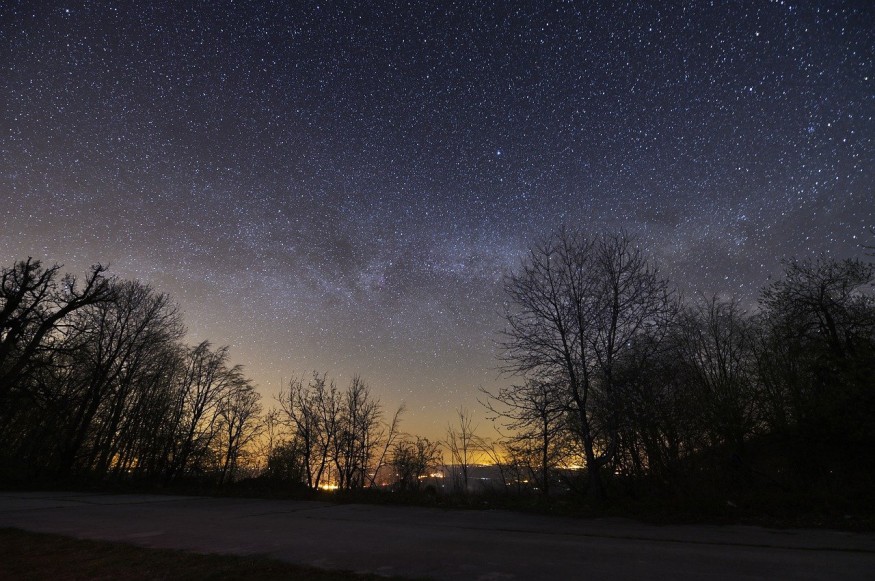Is the night sky darker these days due to lockdowns?
Perhaps one of the positive effects of lockdowns is the reduction of light pollution in cities which impedes viewing of the starry night in a crowded area.
Previous reports only focused on the positive effects of lockdowns to air pollution and seldom on light pollution. But a national survey on star count in the United Kingdom found a 10% drop in the number of people who said they can only view ten or fewer stars in the night sky, which is an indication of severe light pollution in the area, BBC reported.
Light pollution is considered detrimental to both humans and wildlife as it could adversely impact their lives by disturbing biological cycles and behaviors.

Lockdown Effect on Light Pollution
The Guardian reported that the number of visible stars in the night sky has increased in this year's annual star count, indicating that light pollution has lessened during the lockdowns.
Countryside charity CPRE said that in 2020 that 61% of their participants said that they only see ten or fewer stars. However, in this year's survey last February, only 51% of participants noted ten or fewer stars in the Orion constellation.
CPRE chief Crispin Truman said that he is truly delighted to see that the severe light pollution has lessened in the UK although this might be one of the unintended results of lockdowns being imposed to prevent the further spread of COVID-19.
"Let's hope we can hold on to some of this achievement as we come out of lockdown," Truman said.
The survey results were published on an interactive map during the International Dark Sky Week, an event designed to raise awareness of the effects of light pollution from the growing intensity and range of human illumination that affects insects, especially moths, and many other animal species.
Most Light Polluted Cities in the World
Jamie Carter of Forbes reported last year the top ten most light-polluted cities in the world. According to the article, Moscow ranks as the worst place for stargazers because it is the most affected by light pollution.
Moreover, the cities of Chicago, New York, Cairo, Houston, Buenos Aires, Los Angeles, Singapore, and London also made the list in the top ten.
Although many photos of these cities can be found with the beautiful night sky in the background, the article says that these are edited photos captured by photographers who used a night sky from somewhere else in the world because of the severe light pollution in these cities.
Lockdowns may have made the skies darker and the stars more visible at night but Carter added that the positive effects from the slowing down of industrial activities and stay-at-home orders are nowhere near as dramatic as the edited photos of the top ten most light-polluted cities.
RELATED ARTICLE : Satellite Light Pollution Is Worsening, Disrupting Naked-Eye Observers and Astronomers
Check out more news and information on Light Pollution in Science Times.
© 2026 ScienceTimes.com All rights reserved. Do not reproduce without permission. The window to the world of Science Times.











